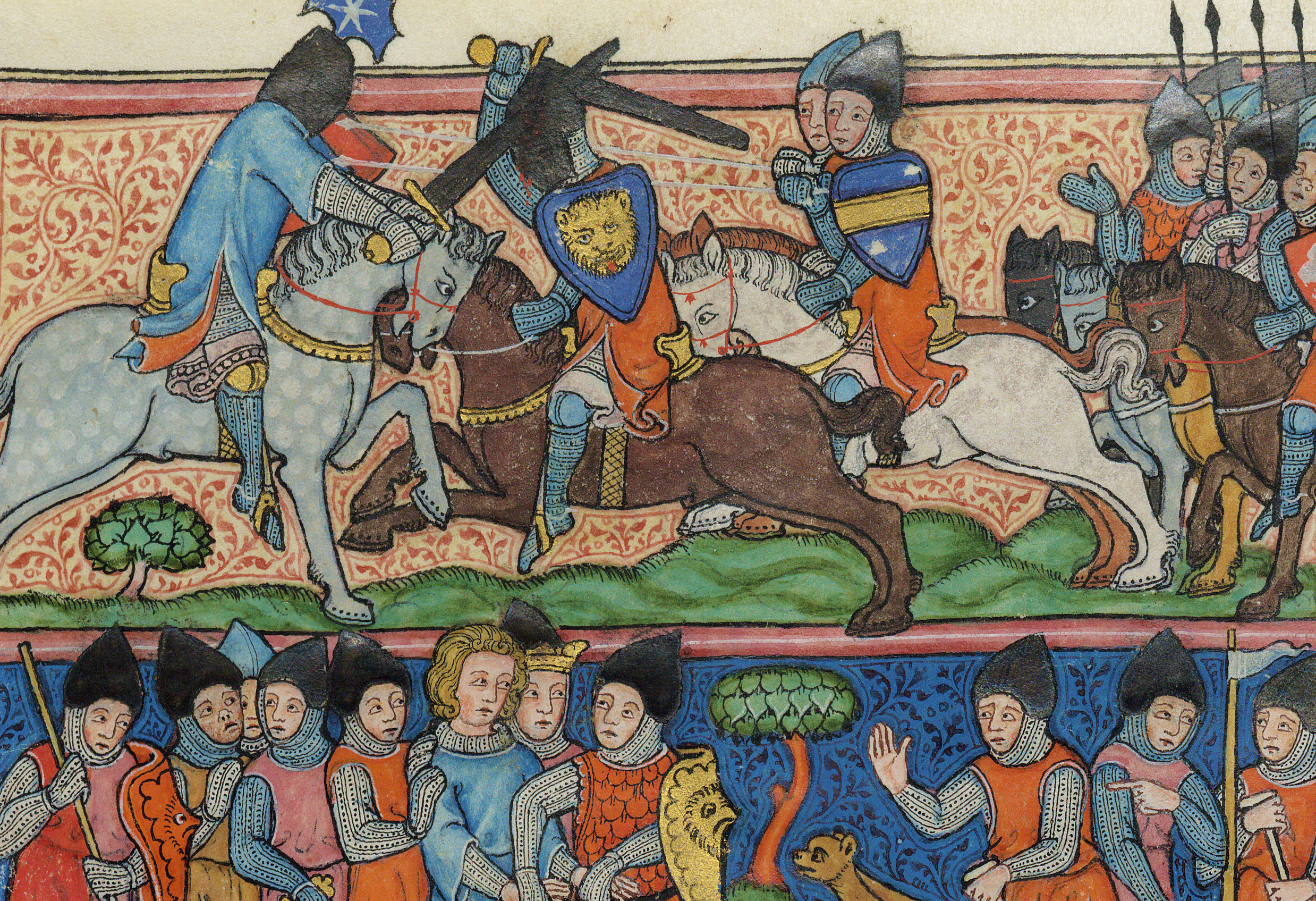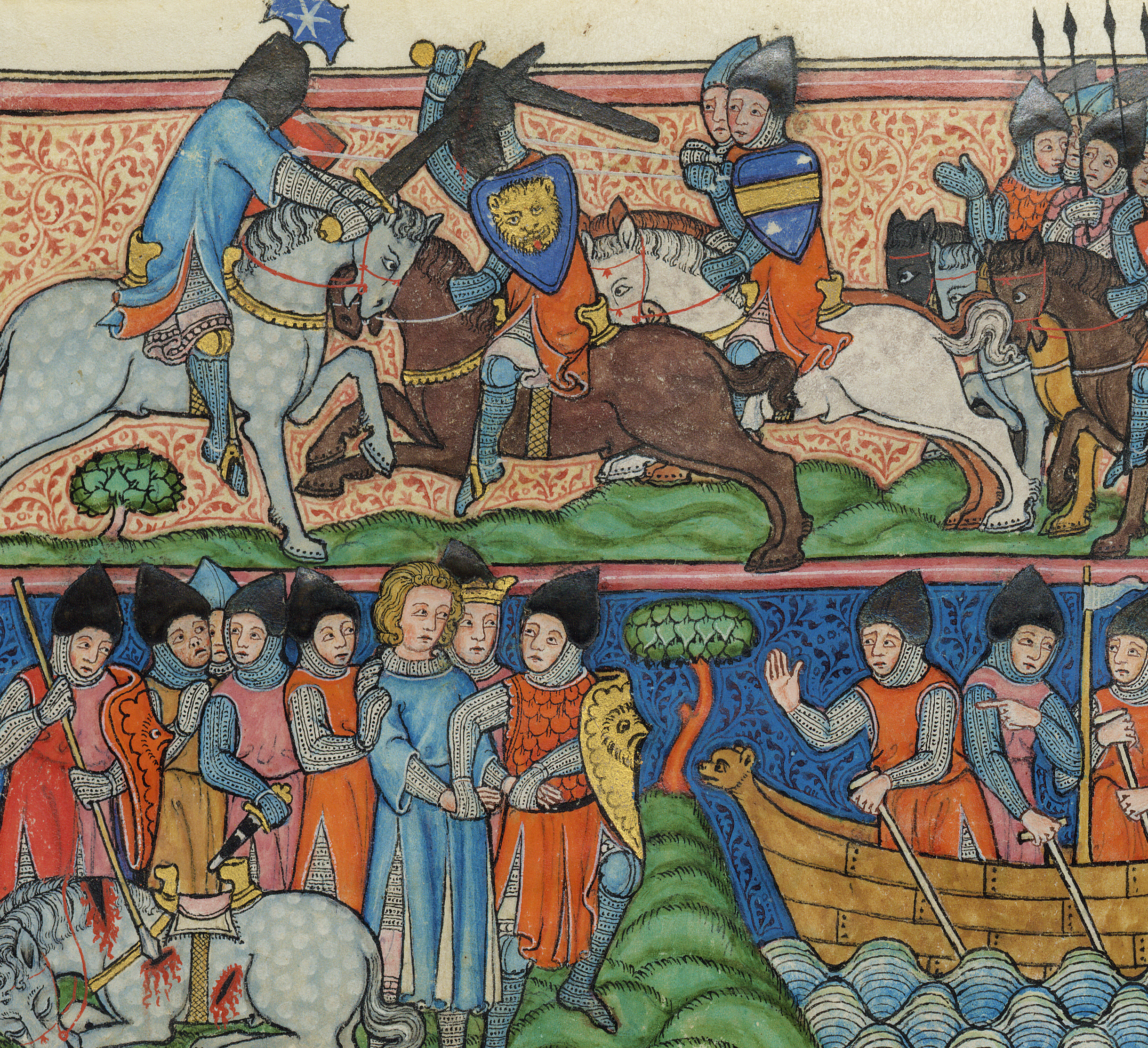
Link
Runtime
2016–2021
project participants
Department of Medieval History (Rheinische Friedrich-Wilhelms-Universität Bonn), CCeH. Project management: Prof. Dr. Matthias Becher (University of Bonn). Concept, coordination, data management: Dr. Katharina Gahbler (University of Bonn). CCeH: Prof. Dr. Patrick Sahle, Jonathan Blumtritt, Benjamin Bigalke, Dana Persch, Adalbert Wrona.
Funding
Funded by the DFG.
Description
In the “Repertorium Saracenorum”, reports on so-called Saracens from the period between the 7th and 11th centuries are recorded in edited form in order to facilitate access to them and enable further research. In order to be able to evaluate the collected data in terms of information technology, the reports were labeled and categorized, and all persons and locations mentioned were recorded. The extensive collection of data goes back to the DFG-funded project “Saraceni, Agareni, Mauri, … in Latin-Christian sources of the 7th to 11th centuries” carried out at the University of Bonn between 2013-2017 under the direction of Prof. Dr. Matthias Becher and edited by Dr. Katharina Gahbler.
Specifically, the platform is a Semantic MediaWiki. The software supports the management, presentation and retrieval of semantically linked and annotated data and offers an interface that is familiar to many users from Wikipedia and is therefore intuitive to use. The subsequent use of established and widely used software for data presentation is also associated with the expectation that the availability of the presentation can be guaranteed for as long as possible.
A suitable data model was developed at the CCeH in collaboration with Bonn-based processors for the data originally recorded in traditional word processing formats and the information was converted into a documented XML format accordingly. A special feature of the project is that the enriched source data is transformed into a wiki-specific exchange format using an XSLT pipeline and then imported into the Semantic MediaWiki. Further focal points of the Digital Humanities in the project were the adequate mapping of the recorded information in the data model of the Semantic MediaWiki and the implementation of data visualizations and overviews in the wiki.
From a Digital Humanities perspective, the “Saracen Wiki” is a test and demonstration case. The aim here was to show ways in which existing, “typical” data from the historical/humanities sciences can be transferred into more general data models with limited resources and presented in an established and maintainable working and publication environment.
Picture credits
Willehalm Codex, 2° Ms. poet. et roman. 1, Kassel University Library, fol. 12r, https://orka.bibliothek.uni-kassel.de/viewer/image/1300457892891/23/.
